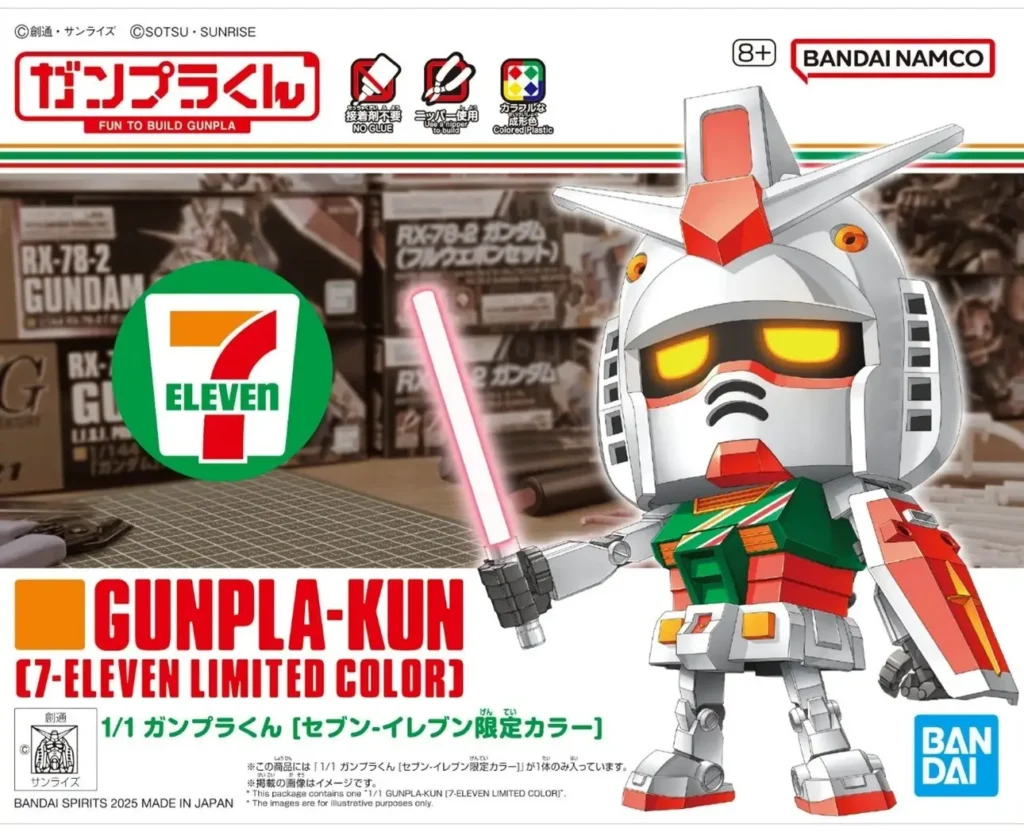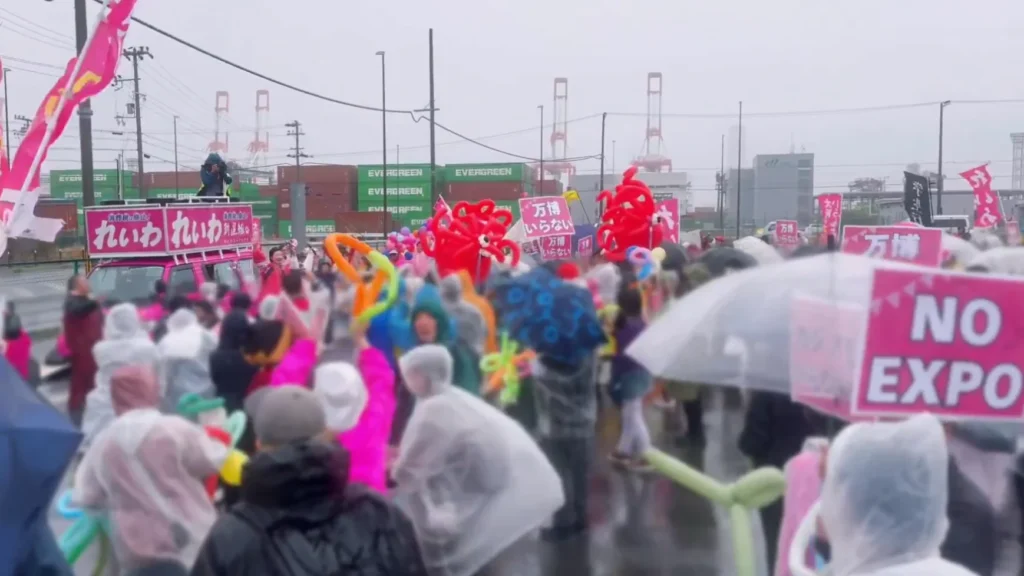Tokyo hotels warned for alleged co-ordinated “price fixing” as rates rise
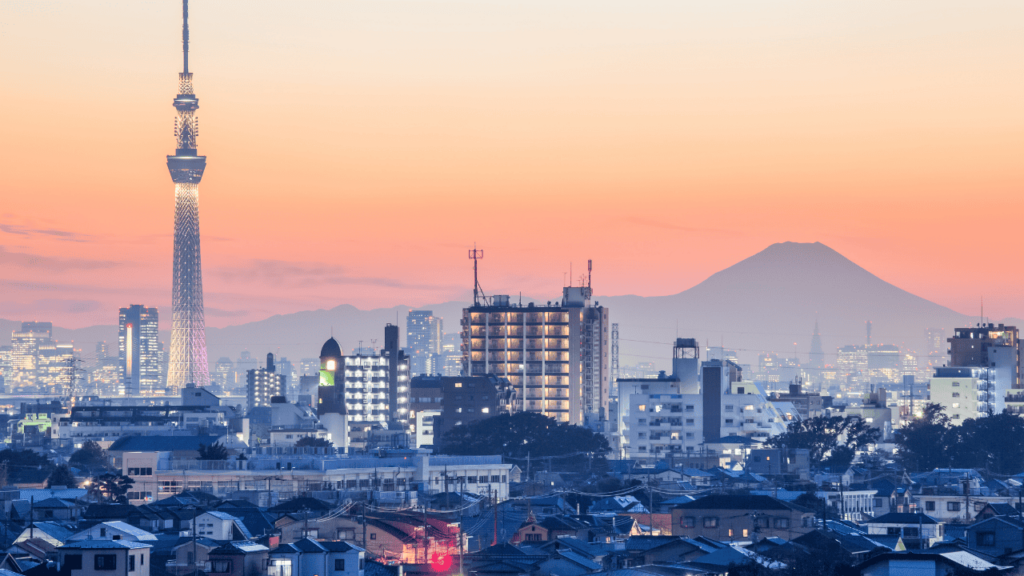
15 of the top hotel operators in Tokyo are set to be warned amidst allegations of co-ordinated “price fixing”.
Japan’s antitrust regulatory body is reportedly intending to issue formal warnings to a group of fifteen high-end hotel operators located within the Tokyo metropolitan area.
This action is planned due to the watchdog’s concerns regarding the hotels’ regular practice of exchanging detailed information pertaining to their respective room rates and occupancy data.
According to a source familiar with the matter who spoke on Thursday April 18th, the Japan Fair Trade Commission (JFTC) views this information-sharing practice as exhibiting characteristics that border on illegal cartel style behavior, raising concerns about potential anti-competitive implications within the luxury hotel market of Tokyo.
The prestigious hotel properties that are expected to be subject to these warnings from the antitrust authority include a number of well-established and renowned establishments such as the Hotel New Otani, the Hyatt Regency Tokyo, the Imperial Hotel Tokyo, the Keio Plaza Hotel Tokyo, The Okura Tokyo, and the Palace Hotel Tokyo, among other high-end accommodations in the capital city.
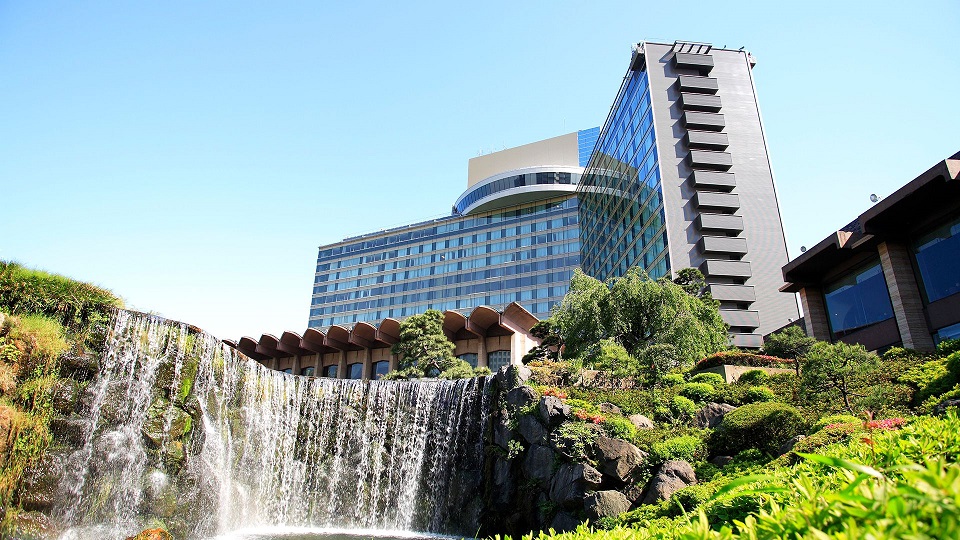
The Japan Fair Trade Commission has reportedly already notified these fifteen hotel firms of its impending issuance of administrative guidance.
This administrative guidance will formally call upon the hotel operators to cease their ongoing practice of regularly sharing sensitive room rate and occupancy information with their competitors.
This regulatory move by the JFTC comes at a time when hotel room rates in the Japanese capital have been experiencing a significant surge, primarily attributed to a substantial influx of visitors from overseas, leading to increased demand for accommodation and upward pressure on pricing.
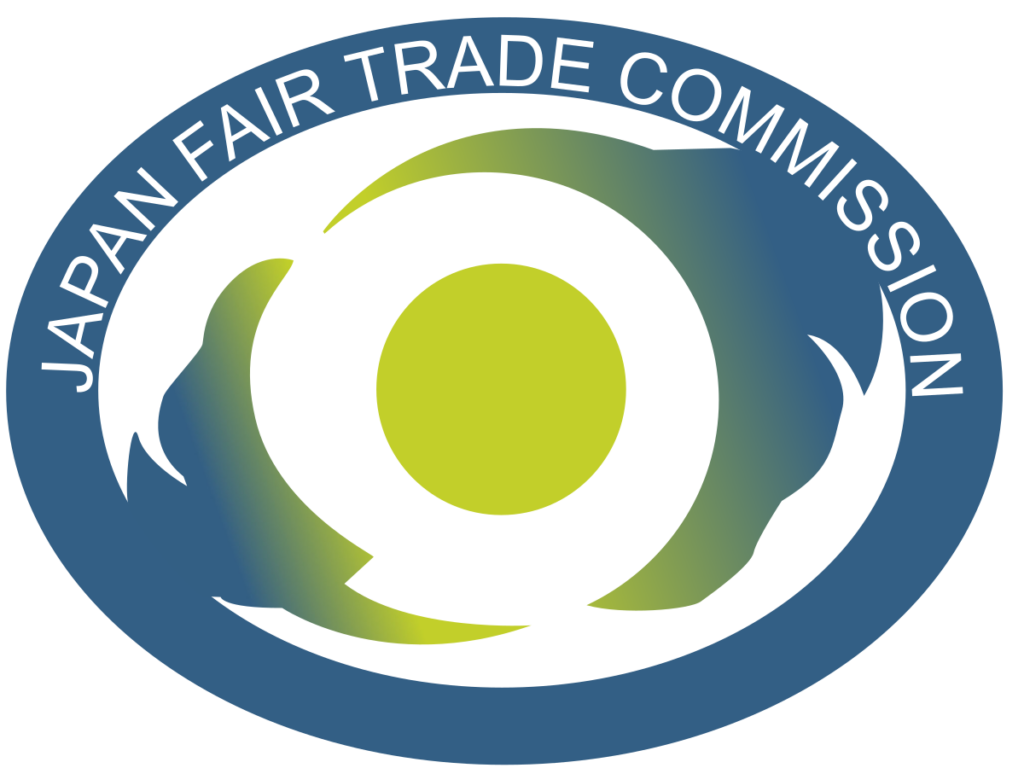
According to the source close to the investigation, sales representatives employed by these fifteen hotel companies were observed to have gathered on a nearly monthly basis for the purpose of exchanging commercially sensitive information.
This shared data reportedly included details regarding their respective plans for future room prices, allowing the hotels to gain insights into each other’s pricing strategies.
The source further noted that these regular information-sharing meetings among the high-end Tokyo hotels have been a long-standing practice, reportedly spanning several decades.

It is important to note that while the antitrust watchdog’s investigation has raised concerns about the nature of this information exchange, the probe did not specifically allege the existence of outright cartel-like collusion.
This means that the JFTC’s findings did not point to explicit agreements among the hotels to collectively raise or set their room rates at predetermined levels.
The source also indicated that the practice of these regular information-sharing gatherings is no longer being actively conducted by the hotel operators.
In response to the impending warning from the Japan Fair Trade Commission, both Imperial Hotel Ltd. and New Otani Co. have publicly stated that they are taking the concerns raised by the regulatory body with the utmost seriousness and will carefully consider the implications of the administrative guidance.
Meanwhile, a spokesperson representing Palace Hotel Co. offered a statement clarifying the nature of the information exchange, asserting that the “meetings were not about setting prices.”
The spokesperson further conveyed that Palace Hotel Co. intends to fully cooperate with the ongoing investigation being conducted by the Japan Fair Trade Commission to address their concerns.
The broader context of rising hotel room rates in Tokyo is highlighted by data from a survey conducted by Tokyo Shoko Research, a credit research firm.
The survey, which examined eleven listed hotel operators, found that the average room price during the July-September quarter of 2024 stood at 15,537 yen (approximately $110 based on prevailing exchange rates).
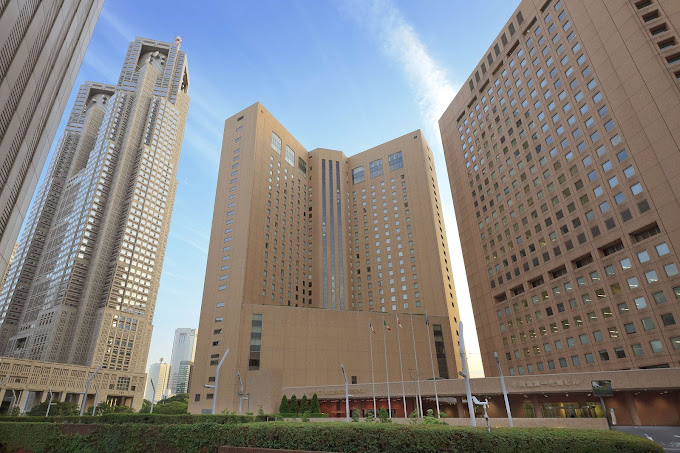
This average price represents an increase of about 1.8 times compared to the average room price levels observed in 2021, indicating a substantial upward trend in accommodation costs within the Japanese capital.
The credit research firm noted that many hotels located in Japanese metropolitan areas experienced their room rates rising to record high levels during the fiscal year 2024, which concluded in March of this year, reflecting the strong demand and pricing power in the sector.
Source: Mainichi

This post may contain affiliate links, and Essential Japan may earn a commission if you purchase through them.




